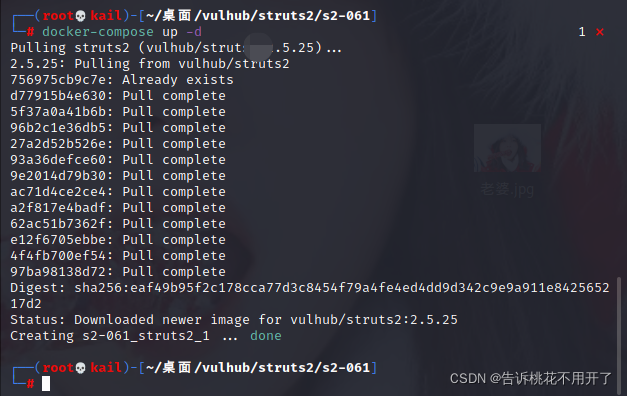| Time Limit: 1000MS | Memory Limit: 65536K | |
| Total Submissions: 3187 | Accepted: 1454 |
Description
As you may know from the comic “Asterix and the Chieftain’s Shield”, Gergovia consists of one street, and every inhabitant of the city is a wine salesman. You wonder how this economy works? Simple enough: everyone buys wine from other inhabitants of the city. Every day each inhabitant decides how much wine he wants to buy or sell. Interestingly, demand and supply is always the same, so that each inhabitant gets what he wants.
There is one problem, however: Transporting wine from one house to another results in work. Since all wines are equally good, the inhabitants of Gergovia don’t care which persons they are doing trade with, they are only interested in selling or buying a specific amount of wine. They are clever enough to figure out a way of trading so that the overall amount of work needed for transports is minimized.
In this problem you are asked to reconstruct the trading during one day in Gergovia. For simplicity we will assume that the houses are built along a straight line with equal distance between adjacent houses. Transporting one bottle of wine from one house to an adjacent house results in one unit of work.
Input
The input consists of several test cases.
Each test case starts with the number of inhabitants n (2 ≤ n ≤ 100000). The following line contains n integers ai (−1000 ≤ ai ≤ 1000). If ai ≥ 0, it means that the inhabitant living in the ith house wants to buy ai bottles of wine, otherwise if ai < 0, he wants to sell −ai bottles of wine. You may assume that the numbers ai sum up to 0.
The last test case is followed by a line containing 0.
Output
For each test case print the minimum amount of work units needed so that every inhabitant has his demand fulfilled. You may assume that this number fits into a signed 64-bit integer (in C/C++ you can use the data type “long long” or “__int64”, in JAVA the data type “long”).
Sample Input
5
5 -4 1 -3 1
6
-1000 -1000 -1000 1000 1000 1000
0 Sample Output
9 9000
思路:最终每个位置上的数应该是0;
设now为当前剩余要搬的葡萄酒数目;ans为目前最小工作量。初始时now和ans为0;
顺序扫描每个房间i(0<=i&&i<n):
ans+=now;now+=a[i];
最后得出的ans为最小工作量。
1 #include<iostream> 2 #include<cstdio> 3 #include<algorithm> 4 #include<cstring> 5 #include<cstdlib> 6 #include<iomanip> 7 #include<cmath> 8 #include<vector> 9 #include<queue> 10 #include<stack> 11 using namespace std; 12 #define PI 3.141592653589792128462643383279502 13 #define N 100005 14 int main(){ 15 //#ifdef CDZSC_June 16 freopen("in.txt","r",stdin); 17 //#endif 18 //std::ios::sync_with_stdio(false); 19 long long n,a[N],ans;int now; 20 while(scanf("%lld",&n),n){ 21 ans=0;now=0; 22 for(int i=0;i<n;i++){ 23 scanf("%lld",a+i); 24 ans+=abs(now); 25 now+=a[i]; 26 } 27 cout <<ans<<endl; 28 } 29 30 return 0; 31 }







